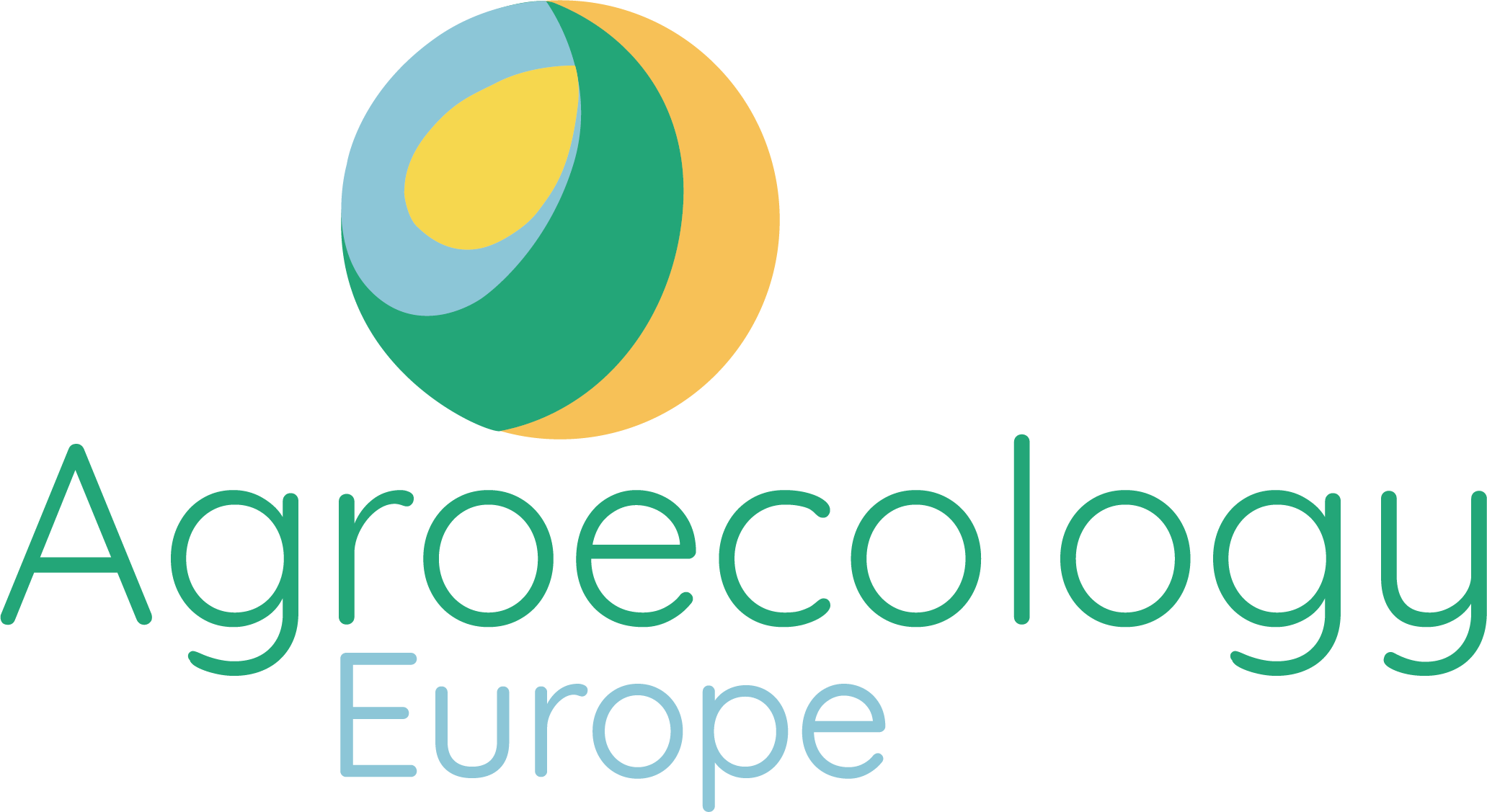Today’s vote on the CAP reform in the European Parliament or “How the MEPs gave their consent to a disastrous text for the environment, climate & biodiversity and in total conflict with the objectives of the EU Green Deal”
Today is a sad day for the future of European farmers, for the future of our environment and for our democracy.
While the European Parliament begged for a long time for a heavy weight in the European institutional balance of powers, they showed today that they do not wisely use this power but still remain under the pressure of the Member States’ governments. While the European Parliament could have rejected the proposal as it is and send it back to the Commission in order to draft a complete new text which would be in line with the ambitions of the EU Green Deal, the Members of the European Parliament (MEPs) showed today that they are not different from usual politicians who eat in the hands of the powerful and giant agricultural lobbies.
Some say the current CAP reform will bring us “another 7 year of business as usual” or a continuation of the previous reform… We say the current CAP reform will bring us worse than business as usual because every day, week, month or year that passes without the trend being reversed brings us a little closer to the point of no return.
Environmentally, it is a scientifically-proven fact recognised by the EU Commission itself in the European Green Deal that intensive and industrial farming practices lead to a loss of biodiversity and result in air, water and soil pollution, which all together induce major climate changes. Voting in favour of the current CAP reform is an act of schizophrenia and of total denial of the environmental objectives detailed in the Biodiversity and Farm to Fork strategies. This is precisely the reason why the agri-food business groups put so much pressure on accelerating the EP vote on the current CAP: to avoid a re-drafting of the text.
Socially, the current CAP reform continues to maintain the concentration of subsidies (80%) in the hands of the few farmers with the largest land area (20%) while small farmers having much lower incomes than the rest of the society still are absent from the CAP reform. The current reform will only reinforce the downward curve in the number of farms in Europe, leaving room for the giants of the sector to continue their model of intensive agriculture leading to soil degradation and to the desertification of rural areas.
Economically, the current CAP reform further supports the liberalisation of agricultural markets, making farmers more and more dependent on the CAP subsidies, making lands less and less accessible to young farmers and increasing still more the power of the giant agricultural businesses (which do not deserve the right to be called ‘farms’ in our perspective).
Some MEPs had the courage to propose an amendment which rejects the Commission proposal as it is, which would force the Commission to revise it or, better, to draft a completely new text, proposing a change of paradigm and which would enable the sectors concerned to deliver the Green Deal objectives. This was the right way forward.
On the field, the situation is not yet desperate nor irreversible. Solutions do exist. Agroecology, for example, as defined by the FAO enables to regenerate soils by sequestering carbon, improving soil fertility and increasing microbial, floral and faunal diversity. The agroecological systems approach redesigns the agricultural system based on the principle that the role of external inputs can be replaced by ecological processes, while levels of production can be maintained. Even more, agroecological systems are often more profitable than conventional agriculture, as shown by a panel of European scientists. Agroecology Europe has detailed some major measures that the future CAP should implement to operate a shift in the European agricultural functioning in its position paper.
Will the citizens and Civil Society Organisations finally be heard?
Please find here the press release in pdf version in English and here in French.
Contact:
Laurence Eeckhout or Alain Peeters
info@agroecology-europe.org
www.agroecology-europe.org
